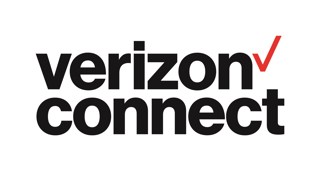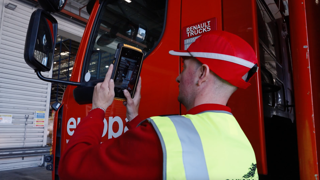Most fleet-based businesses have considered implementing some form of fleet management system whether it be a simple solution or a more comprehensive one.
When companies choose to go without a solution, the reasons are often the same – high cost, pushback from staff or it’s not a necessity.
The reality is such systems often pay for themselves. Staff like to have a solution to help them improve productivity and safety, and once businesses are able to get visibility into their operations, they often can’t imagine how they lived without it.
Many fleet managers believe introducing a GPS solution is equivalent to telling drivers you’re no longer willing to take them at their word.
Trust goes both ways so drivers need to understand that a fleet management solution helps make everyone’s jobs easier and safer. After all, accidents involving company vehicles are commonplace and costly.
Fleet tracking not only monitors driver behaviour, it’s a powerful tool to help drivers work smarter.
Tools such as route optimisation help staff reach their destination more quickly, and live traffic alerts mean they can avoid long tailbacks and roadblocks.
In addition, near-real-time location data allows businesses to provide customers with estimated time of arrivals and advanced warning of any delays – which can result in more satisfied customers.
Another common misconception is that all fleet management solutions are the same. Some solely track location data and take some back-end knowledge to run reports.
Others offer a full 360-degree view of fleets, providing vital information on driver behaviour, fuel efficiency and fleet productivity, while automating processes such as payroll and timesheets.
It’s not just about drivers’ whereabouts – fleet tracking can extend vehicle life and protect the wellbeing of an entire fleet.
Like most technology, telematics systems evolve and improve over time. If a system is already in place, users may not be utilising all of the features and functionality.
The right system should allow users to automate key processes and help improve the business’ safety, security, productivity and efficiency.
By Derek Bryan vice president EMEA at Fleetmatics



















Login to comment
Comments
No comments have been made yet.